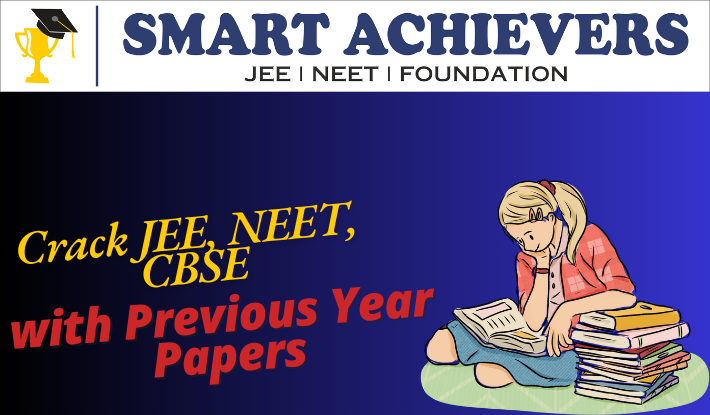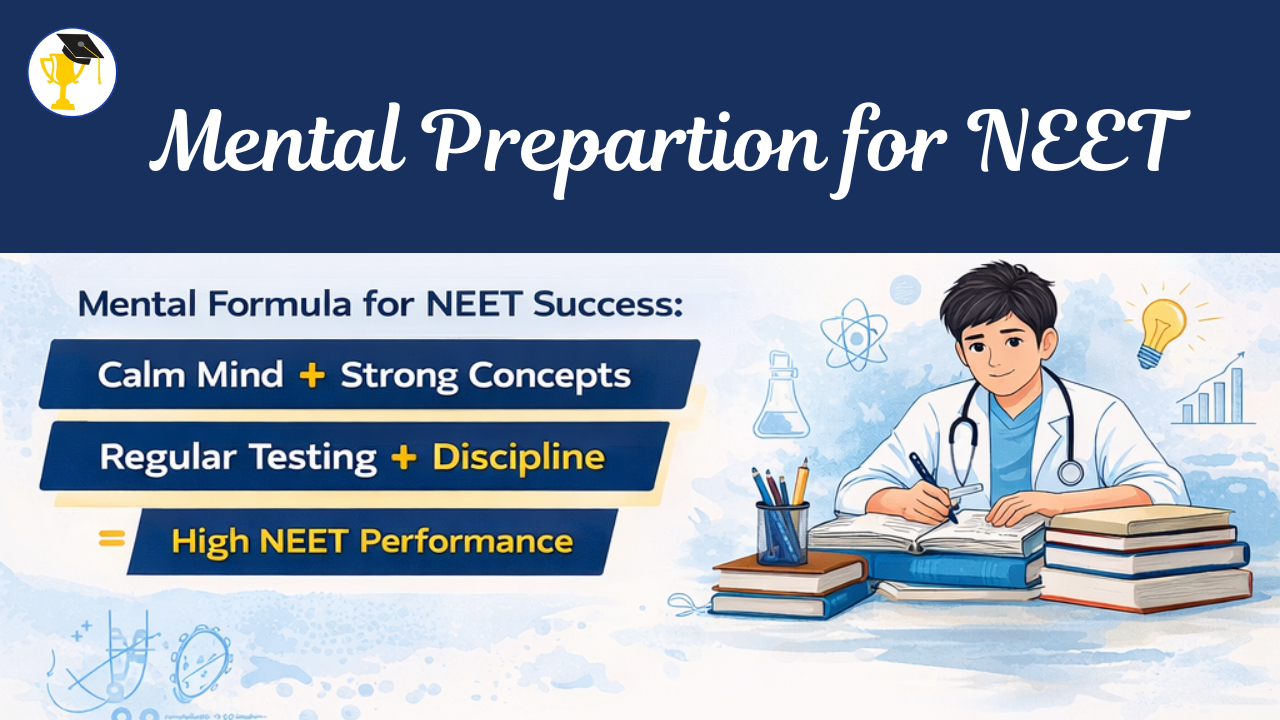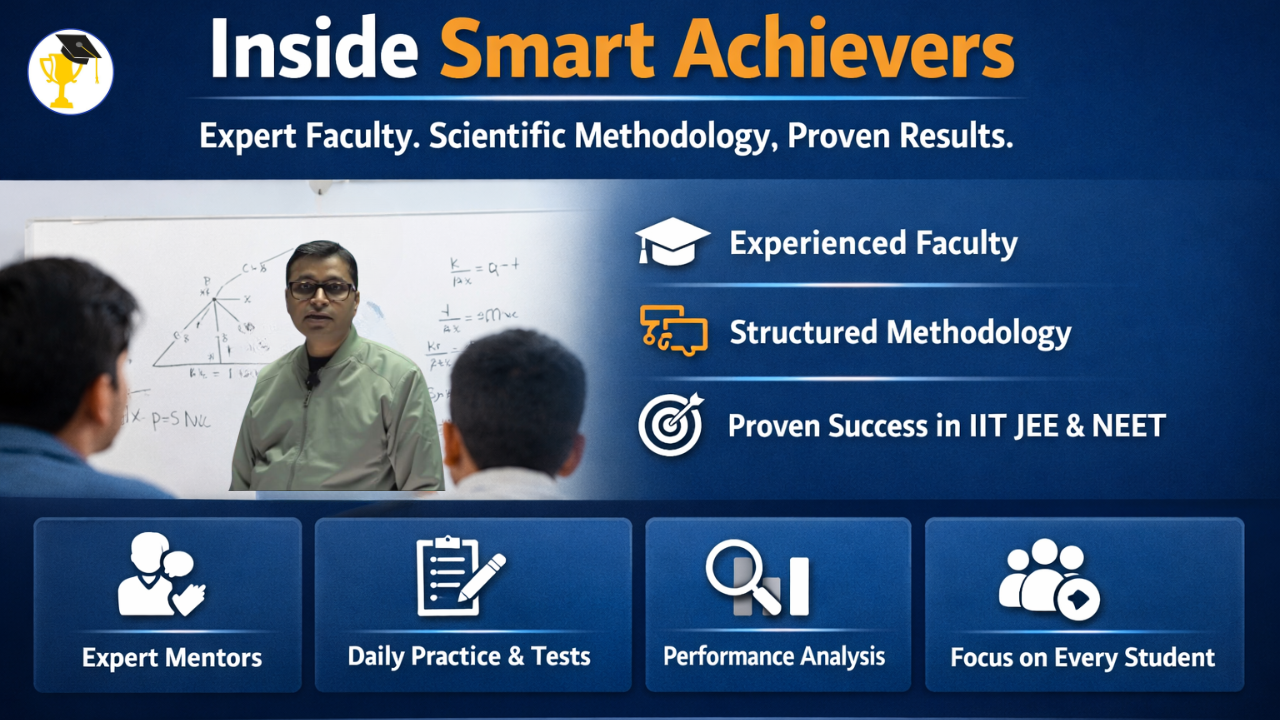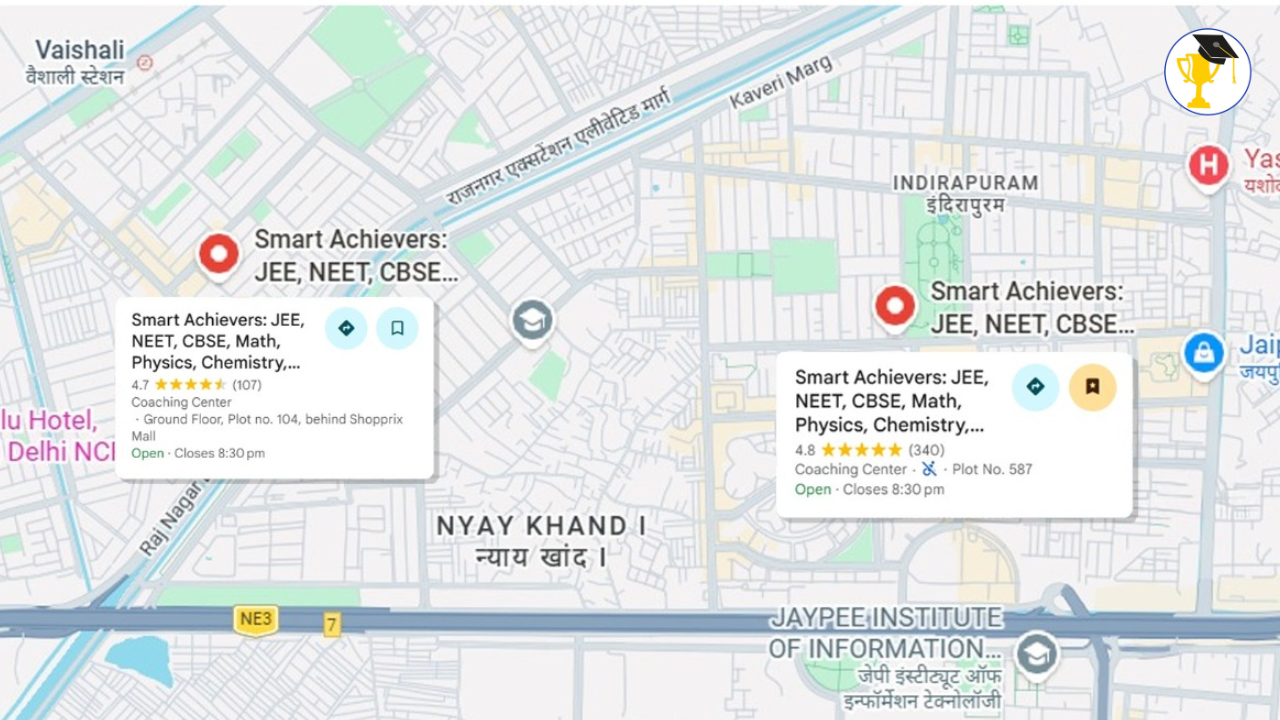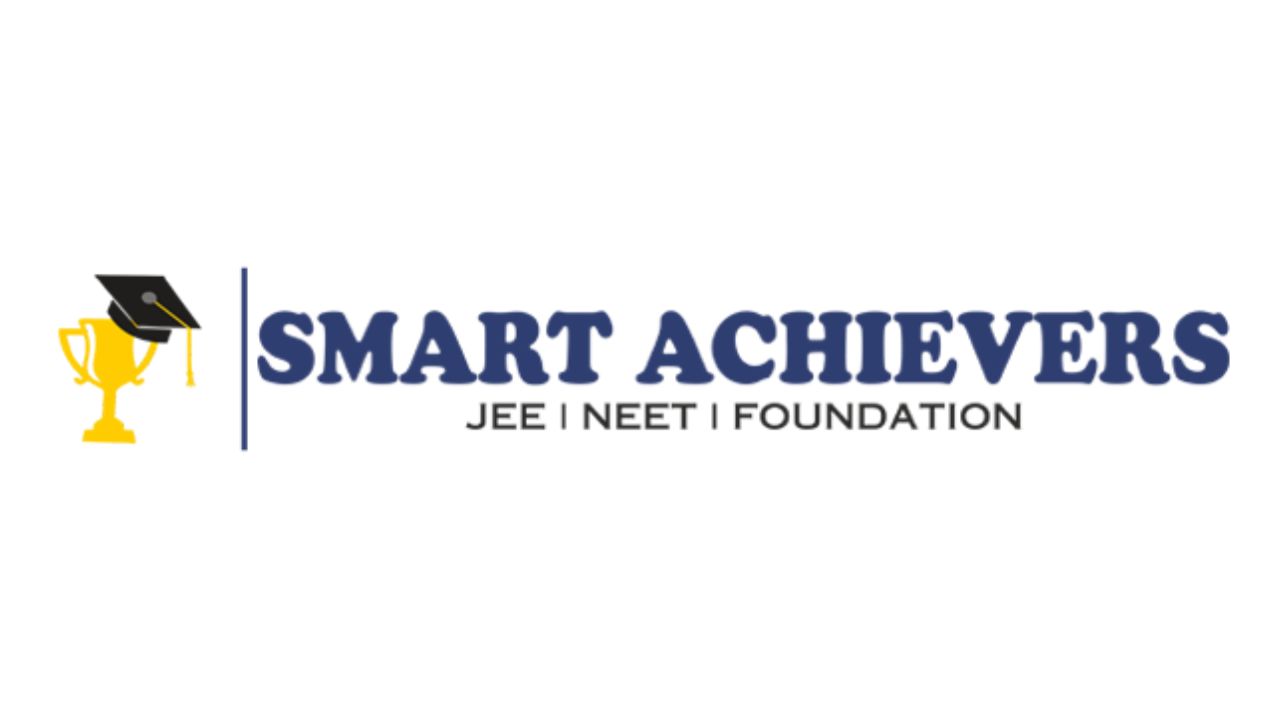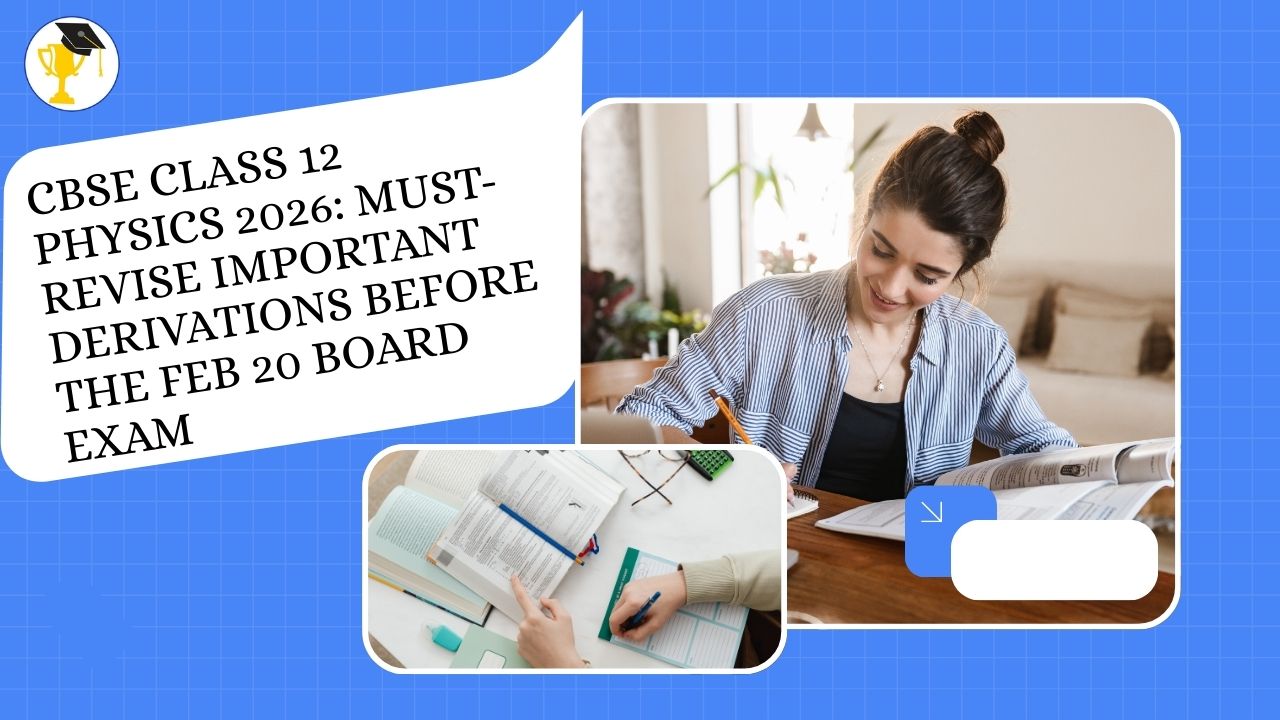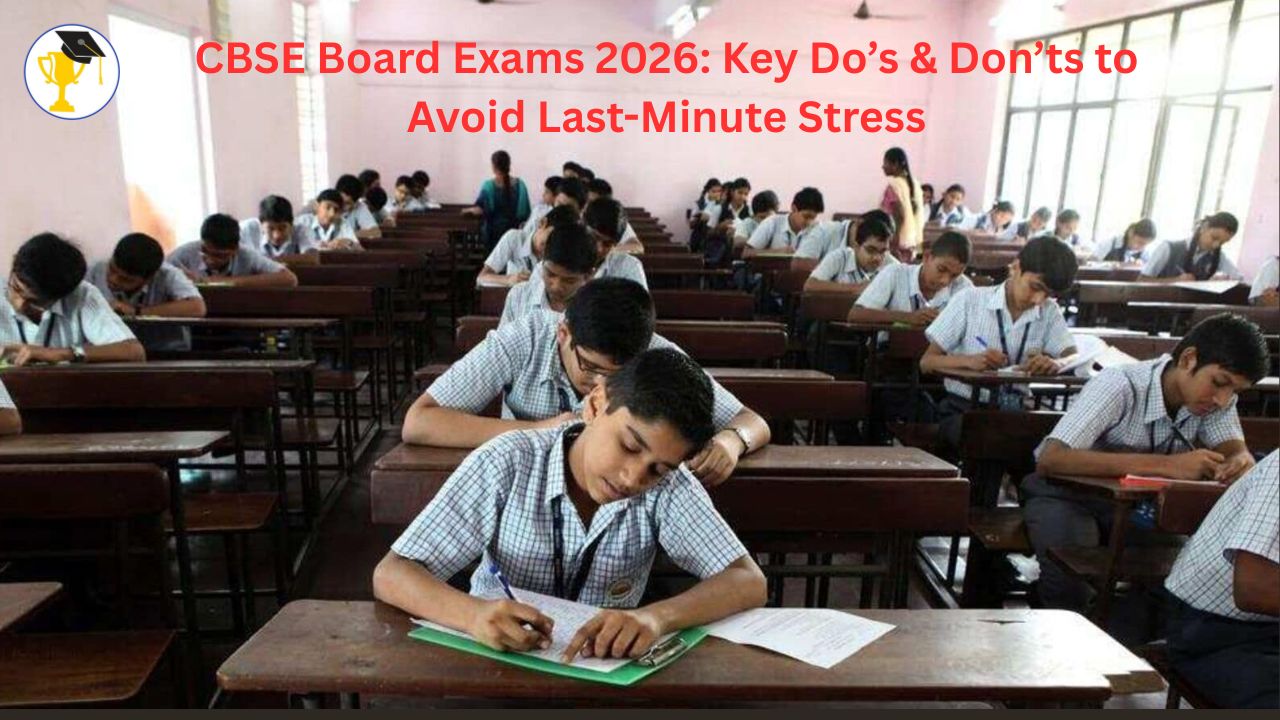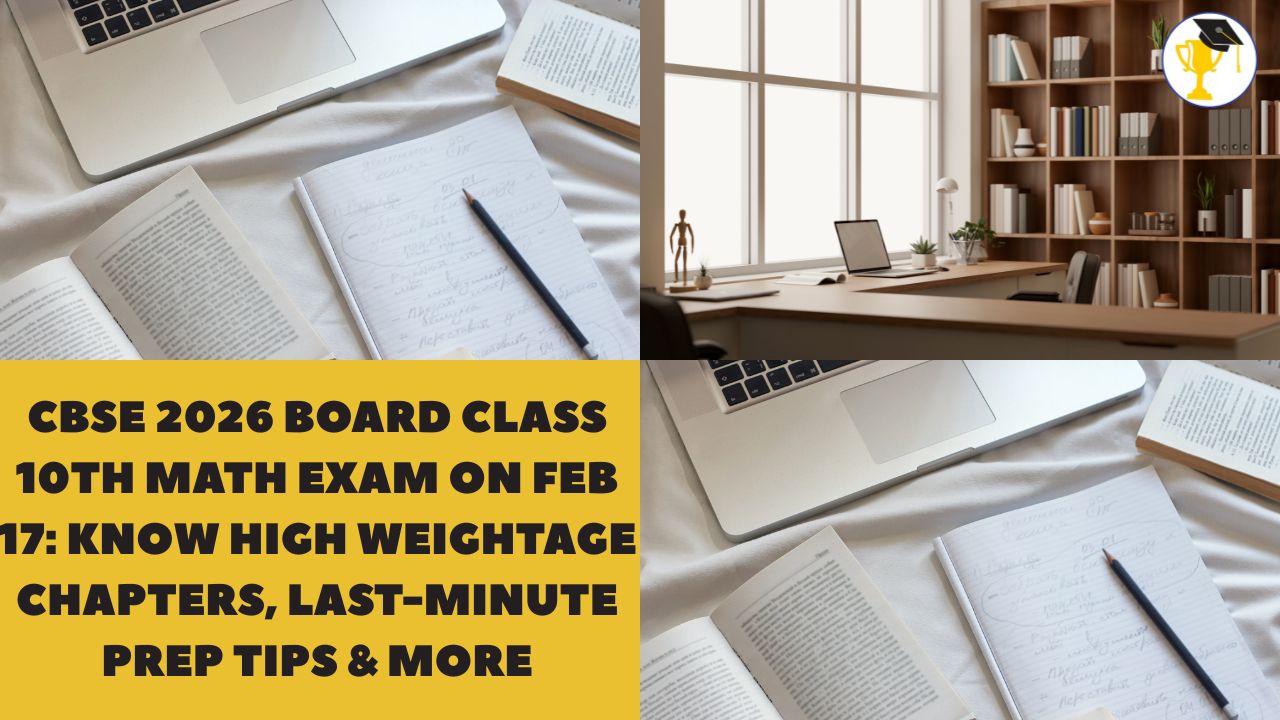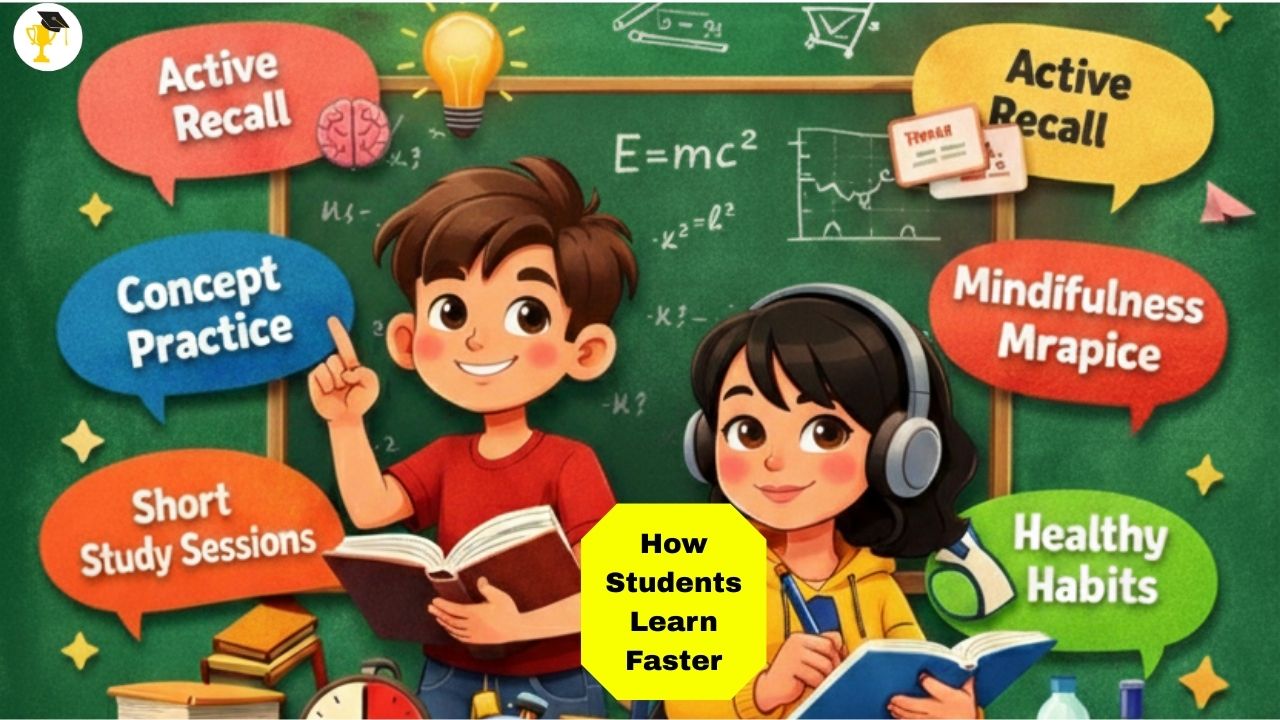How to Use Previous Year Question Papers to Score Higher in JEE, NEET, and CBSE Board Exams
Success in competitive exams like JEE, NEET, and CBSE board exams often depends on strategic preparation. One of the most effective tools is practicing with previous year papers for competitive exams. These papers provide insights into exam patterns, highlight key topics, and help you refine your preparation strategy. Here’s how to make the most of using previous year question papers for your exams.
Why Solving Previous Year Question Papers is Crucial
1. Understand the Exam Pattern
Familiarize yourself with the structure and format of the question paper.
Analyze the marking scheme to understand the weightage of each section.
Learn how questions are distributed across topics, helping you focus on high-yield areas.
2. Identify Key Topics
Spot frequently asked questions and topics that are repeatedly tested.
Recognize high-weightage areas to streamline your preparation.
Focus on benefits of solving CBSE board question papers for subject-specific trends.

3. Build Confidence
Simulate real exam conditions to reduce anxiety and boost confidence.
JEE preparation with past papers and timed practice tests improve exam readiness.
Strengthen your ability to handle challenging questions under pressure.
4. Assess Your Preparation
Analyze your performance to identify strengths and weaknesses.
Use insights from your mistakes to adjust your study plan.
Incorporate revision techniques for competitive exams to reinforce weak areas.
Step-by-Step Guide to Using Previous Year Papers
1. Start Early
Begin practicing with past papers for JEE, NEET, and CBSE at least 2-3 months before the exam.
Early practice allows ample time to address weak areas and refine your strategies.
2. Analyze the Paper Before Solving
Skim through the paper to understand the level of difficulty.
Categorize questions into easy, moderate, and difficult to prioritize your efforts.
How to Handle Board Exam Pressure: A Mental Health Guide for CBSE Students Click Here
3. Simulate Exam Conditions
Set up a distraction-free environment and use a timer while solving the paper.
Mimic the actual exam scenario to enhance focus and time management skills.
4. Review Your Answers
Compare your responses with the provided solutions or answer key.
Pinpoint errors and learn the correct approaches to solving questions.
5. Track Your Progress
Maintain a notebook to log mistakes and note areas of improvement.
Regularly revisit topics where you face challenges.
6. Practice Regularly
Solve at least one paper per week as part of your CBSE board exam preparation guide.
Gradually increase the frequency as the exam approaches to boost confidence.
Effective Strategies for JEE, NEET, and CBSE Exams
1. For JEE Preparation with Past Papers
Focus on conceptual clarity in Physics, Chemistry, and Mathematics.
Prioritize high-weightage topics such as Mechanics, Organic Chemistry, and Calculus.
Solve multi-step problems to improve analytical and critical thinking.
How to Deal with Exam Burnout: Tips to Revitalize Your Energy Click Here
2. For NEET Preparation Using Old Question Papers
Emphasize Biology, as it carries the highest weightage in NEET.
Practice Physics and Chemistry numericals under timed conditions.
Work on diagram-based and assertion-reasoning questions to maximize accuracy.
3. For CBSE Board Exam Strategies
Practice writing detailed and structured answers for theoretical subjects.
Solve numerical problems and diagrams for Science and Mathematics.
Use practice papers for board exams to enhance answer presentation skills.
Maximizing the Benefits of Solving Previous Year Papers
1. Combine with Mock Tests
Alternate between mock tests and old question papers for CBSE, JEE, and NEET for a holistic approach.
Mock tests simulate exam conditions, while past papers highlight real question trends.
2. Focus on Time Management
Allocate specific time limits for each section to improve speed and efficiency.
Practice regularly to build stamina for lengthy exams.
3. Pay Attention to Repeated Questions
Review frequently asked questions to identify critical topics.
Prioritize revisiting these questions during final revision.
4. Incorporate into Your Study Plan
Use past papers for revision techniques closer to the exam to consolidate learning.
Focus on accuracy and refine your approach with regular practice.
Common Mistakes to Avoid
Skipping Analysis: Solving papers without reviewing mistakes limits growth.
Over-Reliance: Don’t neglect the full syllabus; previous year papers are a supplement, not a substitute.
Neglecting Time Limits: Practicing without adhering to exam time limits can hurt real-time performance.
Ignoring Weak Areas: Address mistakes by revisiting weak topics regularly.
Additional Benefits of Solving Previous Year Papers
Improves Accuracy: Regular practice minimizes errors and improves precision.
Builds Stamina: Long practice sessions simulate the length and intensity of real exams.
Enhances Problem-Solving Skills: Encourages strategic thinking and efficient question-solving.
Boosts Scores: Insights from question paper analysis directly impact exam performance.
JEE Main 2025 Chapter-Wise Weightage: Mathematics, Physics, and Chemistry Click Here
Proven Tips for Success with Previous Year Papers
Leverage Online Resources: Use video solutions and expert tips for tough questions.
Set Realistic Goals: Divide the paper into sections and tackle one section at a time.
Track Your Progress: Monitor improvement over multiple practice sessions.
Group Study: Collaborate with peers to discuss and solve challenging questions.
Exam Time Management Tips
Prioritize Easy Questions: Secure marks early by answering simpler questions first.
Allocate Time Per Section: Stick to predefined time limits for each part of the paper.
Review Your Answers: Leave 10-15 minutes at the end to review your responses.
Final Thoughts on Using Previous Year Papers
Practicing with mock tests and previous papers is one of the most effective ways to prepare for JEE, NEET, and CBSE board exams. By following these strategies and consistently solving old question papers, you can build confidence, improve accuracy, and boost your overall performance.
Incorporate this powerful resource into your study plan today and take one step closer to acing your exams!
 STUDY MATERIALS
STUDY MATERIALS
 COURSES
COURSES
 MORE
MORE

